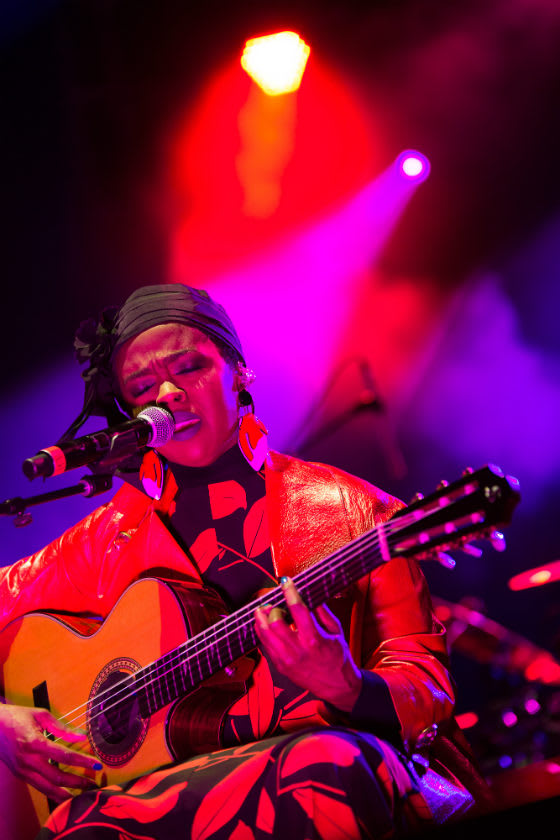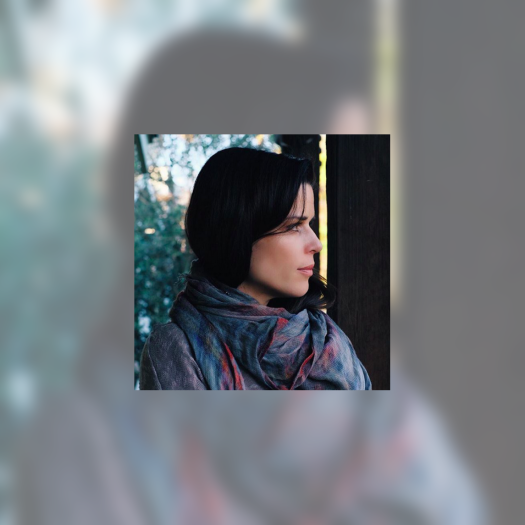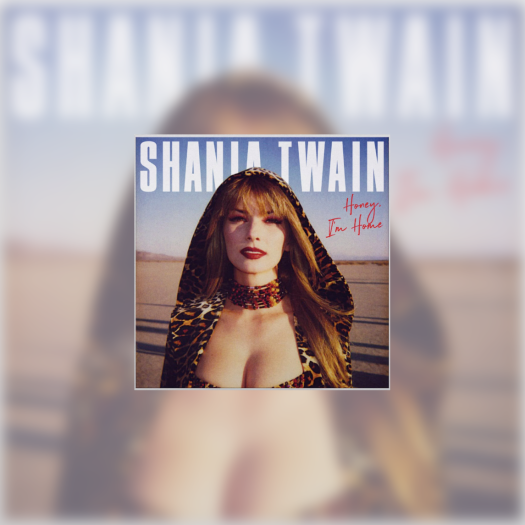Ms. Lauryn Hill's journey from icon to enigma to punchline has been a discouraging one for a whole variety of reasons, and there's a lot within it to unpack — from her lack of new recorded material to how we talk about Black eccentricity in pop culture. But in the lead-up to her headlining set at the Halifax Jazz Festival Tuesday night (July 13), the punchline of choice concerned the topic of Hill's most recent headlines: her reputation for tardiness.
Nearly everyone I spoke to ahead of the show offered some joke or hot take amounting to "How late do you think she'll start?" Some doubted she'd show up at all, an understandable concern in a city that's had more than its fair share of last-minute hip-hop cancellations (including a Yasiin Bey no-show at the 2014 Jazz Fest that still riles people when it comes up in conversation).
Hill's reputation, be it fair or not, didn't slow ticket sales: the show sold out months ago, a rare and impressive feat for the Jazz Fest given the large capacity (5,000) of its waterfront main stage. But it did make for an anxious buzz in the crowd as they waited for the former Fugee to take the stage.
In the end, those concerns were misplaced: it was electricity, not eccentricity, that nearly derailed the entire night.
Hill arrived shortly before 10 p.m. following a short warm-up set from her DJ — not the earliest start in Jazz Fest's history by any means, but nothing suggested it was any later than intended. With an 11-member ensemble that included three backup vocalists and three horn players, Hill opened the show, as she has most of her appearances this year, with unreleased track "Conformed to Love." Two songs from her 2002 MTV Unplugged No. 2 followed, with Hill playing classical guitar, seated at centre stage and guiding the band (also seated) from her chair.
Then, suddenly, everyone was whisked off the stage by festival organizers as lightning strikes began to flicker over Halifax harbour. For the next 30 minutes or so, concertgoers were treated to an exciting but incredibly inconvenient natural light show, followed by a torrential rain shower that had hundreds scrambling for the few tented areas scattered around the outdoor venue. Even with frequent and helpful updates from organizers indicating the electrical storm would soon pass and the band would return, you could feel the crowd thin out slightly as the delay continued and the stage crew worked to fix technical issues caused by the storm.
It took about 70 minutes, ultimately, before the show resumed — the chairs removed, the stage dried as best as possible and the artist herself seemingly fuelled by a fighter's spirit.
"We salute you!" she said, thanking the stage crew before launching into four straight songs from 1998's stone-cold classic The Miseducation of Lauryn Hill. Sped up and fevered, these performances were a world removed from the languid recordings of Hill's (somewhat unfairly) maligned Unplugged record, but nor did they suggest the breezily confident hip-hop swagger of their original recordings. Hill's band attacked the material as if they were running out of time (which, considering the late hour, they may well have been), finding new and exciting rhythms with which to propel songs like "Everything is Everything" and "Lost Ones."
And at the middle of it all was Hill herself in full bandleader mode, commanding her players through thrilling retreats and builds in the arrangements. She revealed herself as a performer of uncommon intensity, in ways at times distracting — frequently checking with techs about monitor issues, as if she knew how she wanted things to sound in her head and couldn't quite hear them that way — but mostly just gripping to watch.
Some of the most spine-tingling moments came when Hill reminded of her prowess as a rapper. One could feel the sense of awe emanating from the crowd during a four-song run of Fugees classics like "Fu-Gee-La" and "How Many Mics," as if the audience went into the show doubting Hill still had those verses in her. She did, and then some.
Following a three-song suite of Bob Marley covers and her take on Nina Simone's classic "Feeling Good," the show ended with Hill's biggest solo hit. "Just drop it," she said, as her pianist hit the opening staccato notes of "Doo Wop (That Thing)." "Turn that piano up," Hill shouted off-stage.
I spent a good deal of the song watching Hill on the large video screens, glued to the furious passion in her eyes as she ripped into each verse and chorus. As for the crowd, even though it was nearly 12:30 a.m. and many were soaked through to their skin, they shouted and sang along as if they could have gone all night.
The whole night served as a fitting reminder that greatness doesn't always come with convenience and comfort — sometimes, it's a struggle, for artist and audience alike. But when it connects, it offers electricity not even the fiercest summer storm can compete with.
Nearly everyone I spoke to ahead of the show offered some joke or hot take amounting to "How late do you think she'll start?" Some doubted she'd show up at all, an understandable concern in a city that's had more than its fair share of last-minute hip-hop cancellations (including a Yasiin Bey no-show at the 2014 Jazz Fest that still riles people when it comes up in conversation).
Hill's reputation, be it fair or not, didn't slow ticket sales: the show sold out months ago, a rare and impressive feat for the Jazz Fest given the large capacity (5,000) of its waterfront main stage. But it did make for an anxious buzz in the crowd as they waited for the former Fugee to take the stage.
In the end, those concerns were misplaced: it was electricity, not eccentricity, that nearly derailed the entire night.
Hill arrived shortly before 10 p.m. following a short warm-up set from her DJ — not the earliest start in Jazz Fest's history by any means, but nothing suggested it was any later than intended. With an 11-member ensemble that included three backup vocalists and three horn players, Hill opened the show, as she has most of her appearances this year, with unreleased track "Conformed to Love." Two songs from her 2002 MTV Unplugged No. 2 followed, with Hill playing classical guitar, seated at centre stage and guiding the band (also seated) from her chair.
Then, suddenly, everyone was whisked off the stage by festival organizers as lightning strikes began to flicker over Halifax harbour. For the next 30 minutes or so, concertgoers were treated to an exciting but incredibly inconvenient natural light show, followed by a torrential rain shower that had hundreds scrambling for the few tented areas scattered around the outdoor venue. Even with frequent and helpful updates from organizers indicating the electrical storm would soon pass and the band would return, you could feel the crowd thin out slightly as the delay continued and the stage crew worked to fix technical issues caused by the storm.
It took about 70 minutes, ultimately, before the show resumed — the chairs removed, the stage dried as best as possible and the artist herself seemingly fuelled by a fighter's spirit.
"We salute you!" she said, thanking the stage crew before launching into four straight songs from 1998's stone-cold classic The Miseducation of Lauryn Hill. Sped up and fevered, these performances were a world removed from the languid recordings of Hill's (somewhat unfairly) maligned Unplugged record, but nor did they suggest the breezily confident hip-hop swagger of their original recordings. Hill's band attacked the material as if they were running out of time (which, considering the late hour, they may well have been), finding new and exciting rhythms with which to propel songs like "Everything is Everything" and "Lost Ones."
And at the middle of it all was Hill herself in full bandleader mode, commanding her players through thrilling retreats and builds in the arrangements. She revealed herself as a performer of uncommon intensity, in ways at times distracting — frequently checking with techs about monitor issues, as if she knew how she wanted things to sound in her head and couldn't quite hear them that way — but mostly just gripping to watch.
Some of the most spine-tingling moments came when Hill reminded of her prowess as a rapper. One could feel the sense of awe emanating from the crowd during a four-song run of Fugees classics like "Fu-Gee-La" and "How Many Mics," as if the audience went into the show doubting Hill still had those verses in her. She did, and then some.
Following a three-song suite of Bob Marley covers and her take on Nina Simone's classic "Feeling Good," the show ended with Hill's biggest solo hit. "Just drop it," she said, as her pianist hit the opening staccato notes of "Doo Wop (That Thing)." "Turn that piano up," Hill shouted off-stage.
I spent a good deal of the song watching Hill on the large video screens, glued to the furious passion in her eyes as she ripped into each verse and chorus. As for the crowd, even though it was nearly 12:30 a.m. and many were soaked through to their skin, they shouted and sang along as if they could have gone all night.
The whole night served as a fitting reminder that greatness doesn't always come with convenience and comfort — sometimes, it's a struggle, for artist and audience alike. But when it connects, it offers electricity not even the fiercest summer storm can compete with.




